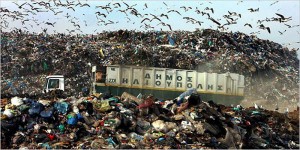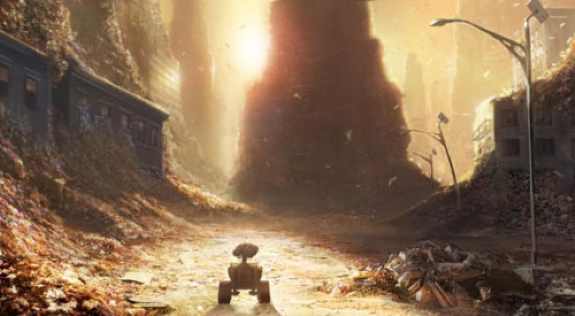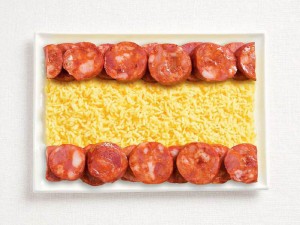http://www.crossmyt.com/hc/linghebr/awfgrmlg.html
A criticism dated 1880 by Mark Twain on the German language, four years after the unification of Germany and half a century before all discussion and relevant prejudice would be dominated by annoying Nazi undertones of aggressiveness.
[…]I think that a description of any loud, stirring, tumultuous episode must be tamer in German than in English. Our descriptive words of this character have such a deep, strong, resonant sound, while their German equivalents do seem so thin and mild and energyless. Boom, burst, crash, roar, storm, bellow, blow, thunder, explosion; howl, cry, shout, yell, groan; battle, hell. These are magnificent words; the have a force and magnitude of sound befitting the things which they describe. But their German equivalents would be ever so nice to sing the children to sleep with, or else my awe-inspiring ears were made for display and not for superior usefulness in analyzing sounds. Would any man want to die in a battle which was called by so tame a term as a Schlacht? Or would not a consumptive feel too much bundled up, who was about to go out, in a shirt-collar and a seal-ring, into a storm which the bird-song word Gewitter was employed to describe? And observe the strongest of the several German equivalents for explosion — Ausbruch. Our word Toothbrush is more powerful than that. It seems to me that the Germans could do worse than import it into their language to describe particularly tremendous explosions with. The German word for hell — Hölle — sounds more like helly than anything else; therefore, how necessary chipper, frivolous, and unimpressive it is. If a man were told in German to go there, could he really rise to thee dignity of feeling insulted?
Having pointed out, in detail, the several vices of this language, I now come to the brief and pleasant task of pointing out its virtues. The capitalizing of the nouns I have already mentioned. But far before this virtue stands another — that of spelling a word according to the sound of it. After one short lesson in the alphabet, the student can tell how any German word is pronounced without having to ask; whereas in our language if a student should inquire of us, “What does B, O, W, spell?” we should be obliged to reply, “Nobody can tell what it spells when you set if off by itself; you can only tell by referring to the context and finding out what it signifies — whether it is a thing to shoot arrows with, or a nod of one’s head, or the forward end of a boat.”
There are some German words which are singularly and powerfully effective. For instance, those which describe lowly, peaceful, and affectionate home life; those which deal with love, in any and all forms, from mere kindly feeling and honest good will toward the passing stranger, clear up to courtship; those which deal with outdoor Nature, in its softest and loveliest aspects — with meadows and forests, and birds and flowers, the fragrance and sunshine of summer, and the moonlight of peaceful winter nights; in a word, those which deal with any and all forms of rest, repose, and peace; those also which deal with the creatures and marvels of fairyland; and lastly and chiefly, in those words which express pathos, is the language surpassingly rich and affective. There are German songs which can make a stranger to the language cry. That shows that the sound of the words is correct — it interprets the meanings with truth and with exactness; and so the ear is informed, and through the ear, the heart. […]






